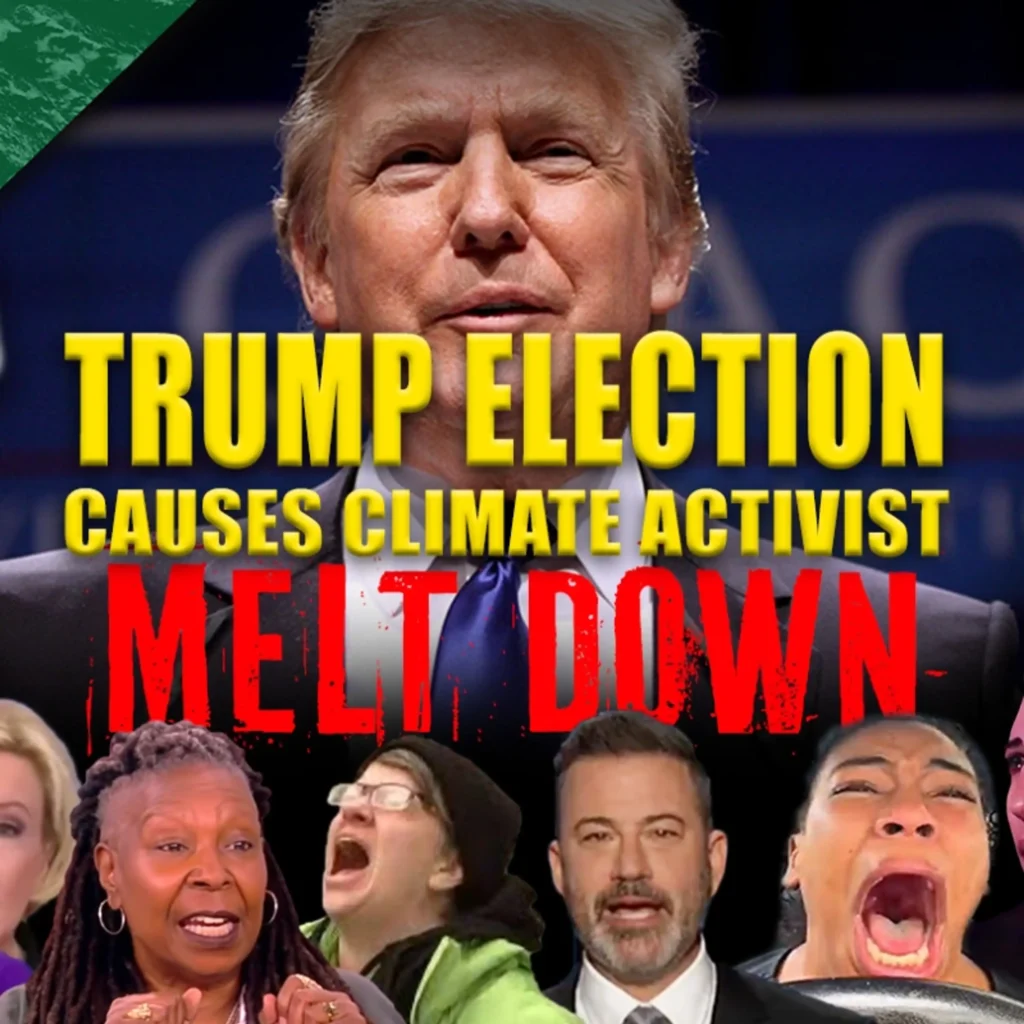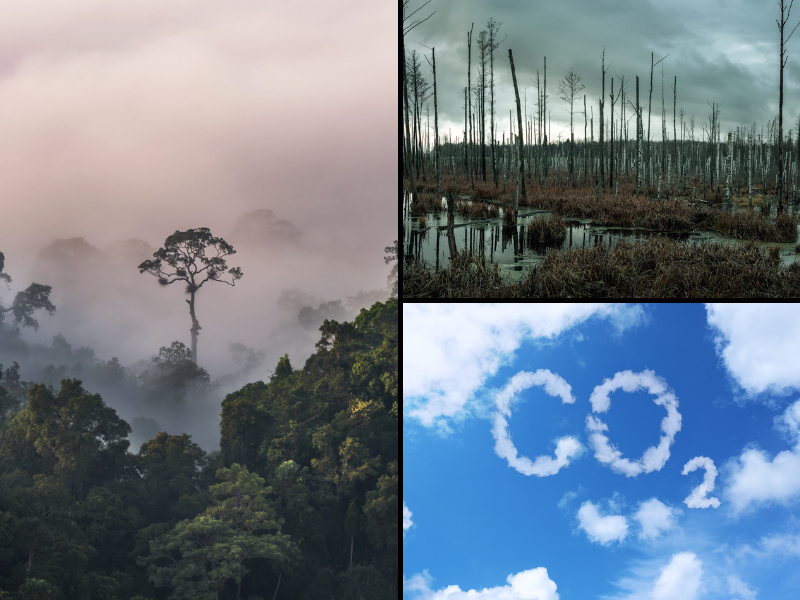On December 18, 2008, Lou Dobbs devoted part of his CNN show to ask whether this year’s exceptionally cold weather is a sign that the “global warming” scare might be running out of juice. He interviewed The Heartland Institute’s Science Director Jay Lehr, Ph.D., and CNN meteorologist Chad Myers, and both expressed skepticism about the claims of global warming alarmists.
Below is a transcript from the program. The YouTube video is available here.
DOBBS: And tonight, unusual winter storms are dumping snow in unusual places across Western states, and a huge snowstorm is headed toward the Northeast. This is global warming? We’ll be talking with meteorological experts. We’ll have a special report for you on that. All the day’s news and a great deal more from an independent perspective here next.”
Welcome back. And let’s talk about what is happening across this country. The weather is just unbelievable. And let’s also talk about what it all means for a discussion of global warming. Unusual storms and a deep freeze across much of the country tonight. An overnight storm dumped about three and a half inches of snow on Las Vegas, which broke the previous December record of two inches of snow back in 1967. The normal snowfall for Las Vegas is just about a half an inch for the entire year.
Snow even falling on the beachfront community of Malibu, California. The normally sunny and balmy city hit with half an inch of snow. And snow plows cleaning up roads in Payson, Arizona, there, after a winter storm dropped several inches of snow. Snow also falling in the state’s higher elevations — 10 inches of snow falling in Flagstaff, Arizona. And it was snow, not the usual rain, that ensnarled traffic on Seattle roads this morning. There could be more snow, we’re told, over the weekend, in the Northwest.
Perhaps Al Gore now is considering global warming isn’t such a problem, because it is unusually warm in his home state of Tennessee. The forecast there calls for a high of 64 degrees in Nashville. Mr. Vice President, be careful. Joining me now to talk about this bizarre weather are, from the CNN Weather Center in Atlanta, meteorologist Chad Myer [sic]. Chad, great to have you with us. And in Columbus, Ohio, Jay Lehr. He’s senior fellow and science director of the Heartland Institute. Good to have you with us, Jay.
Let me — let me start, if I may, Chad, this is really a peculiar sort of circumstance. Or is this one of those things where it just appears to be peculiar and we see this every winter?
MYERS: The chance of getting snow in Vegas on a day like yesterday, about one in 500. Now that’s the same chance of you getting a flush on a five-card stud. Well, it happens. I mean, five cards — people do get flushes, right? So, snow does happen. The odds are the same, and so —
DOBBS: But it’s —
MYERS: — it’s just not all that un — it’s not all that weird. We have [inaudible] in this newsroom.
DOBBS: We got record snowfall. Wait a minute, Chad. We got record snowfall in Las Vegas.
MYERS: For one day.
DOBBS: Well, come on, it’s — that’s all we got is one day.
MYERS: I guess. But, you know, you can’t blame global warming or global cooling on one event. It’s just too short. It’s gotta be longer than that. We’re talking about climate. Not a day.
DOBBS: All right, well speaking of climates, let’s turn to the science director and — at the Heartland Institute. And you — what correlation, if any, do you find, Jay, between all of these cooling trends that we’ve seen over this year and part of last year, in terms of so-called global warming? Any relationship?
LEHR: Absolutely not, Lou. I agree with Chad. I used to teach at the University of Arizona in the 1960s. And I can’t remember a winter where we didn’t have snow, and people don’t think it snows in the desert. I grew up near a farming community, and I started reading the Farmer’s Almanac when I was a small child.
DOBBS: Right.
LEHR: And they’ve been tracking the weather since 1792. And I’ve gone back through my almanacs, and if there’s one thing constant about the weather, it’s change. And I also — I know I share a hobby that you used to have, skydiving.
DOBBS: Yup.
LEHR: I have jumped out of a plane in Ohio every month for 31 years, and I track the weather constantly to find out if I can make it out of a plane. And I can tell you —
DOBBS: It’s a good thing to do.
LEHR: Right. And the weather the last 10 years hasn’t been significantly different than the 10 years before that or the 10 years before that. It has been — it’s always change is what the weather about. And to say that it has to do with global warming is really more of a joke than anything else. Why people are so alarmed about it, I have no clue.
DOBBS: Well, you know, that’s fascinating. Chad, we’re seeing, you know, weather that at least is unusual for this one day, as you point out. But let me ask you for your viewpoint. I mean, is — in your career, are you seeing anything here that directly is tied to something called global warming, fossil fuels, man-made? Which is the dominant influence overall on weather? Is it cycles? Solar sunspots? Solar flares? The 11-year cycle? Is that dominant? What is dominant in terms of influencing weather?
MYERS: You know, to think that we could affect weather all that much is pretty arrogant. Mother Nature is so big. The world is so big. The oceans are so big. I think we’re gonna die from a lack of fresh water or we’re gonna die from ocean acidification before we die from global warming, for sure. But this is like, you know, you said, in your career — my career has been 22 years long.
That’s a good career in TV. But in talking about climate, it’s like having a car for three days and saying this is a great car. Well, yeah, it was for three days, but maybe in day five, six, and seven it won’t be so good. And that’s what we’re doing here. We have a hundred years’ worth of data, not millions of years that the world’s been around.
DOBBS: Yeah, I mean, Jay, we’ve been around just a little over four — by scientific estimates, about four and a half billion years. What is –what is your thought about the dominant influence on weather?
LEHR: Well, clearly — clearly Lou, it is the sun. But if we go back in really recorded human history, in the 13th century, we were probably 7 degrees Fahrenheit warmer than we are now. And it was a very prosperous time for mankind. If we go back to the Revolutionary War, 300 years ago, it was very, very cold. We’ve been warming out of that cold spell from the Revolutionary War period, and now we’re back into a cooling cycle. The last 10 years have been quite cool. And right now I think we’re going in to cooling rather than warming, and that should be a much greater concern for humankind. But all we can do is adapt. It is the sun that does it, not man.
DOBBS: Jay Lehr, thank you very much. Chad Myers, thank you very much. We appreciate it. Find some more unusual weather for us, Chad. We’ll be back tomorrow, another day.



